Coral reefs are often considered the marine counterpart to rainforests because of their high biodiversity. Scientists estimate that 25 percent of all marine species live in and around coral reefs, making them one of the most diverse habitats in the world.
Despite their importance, warming waters, pollution, ocean acidification, overfishing, and physical destruction are damaging coral reefs around the world. Fortunately, a new study shows that artificially restored coral reefs can regrow remarkably quickly.
Restored coral reefs can bounce back in just 4 years, says new discovery
Image credits: Fuka Jaz
The study belongs to the Mars Coral Reef Restoration Program in South Sulawesi, Indonesia. One of the largest restoration projects in the world suggested a holistic approach to reef restoration – Reef Stars. Locally fabricated steel structures are not placed in isolation on the reef, but are anchored together to form a web-like structure across the rubble beds and around existing coral bommies.
Working in close collaboration with local communities, organizations and reef stakeholders, Mars Coral Reef Restoration Program carefully chooses places where reef restoration is both necessary and feasible.
One of the largest restoration projects in the world suggested Reef Stars as the solution
Image credits: shebahopegrows
Image credits: MARS Coral Reef Restoration
Reef Stars stabilize loose rubble and provide a strong platform on which outplanted coral can grow
Image credits: MARS Coral Reef Restoration
Image credits: MARS Coral Reef Restoration
Reef Stars coated in sand, which infant corals can be attached onto, are made by local communities
Image credits: MARS Coral Reef Restauration
“Corals constantly add calcium carbonate to the reef framework while some fishes and sea urchins erode it away, so calculating the overall carbonate budget basically tells you if the reef as a whole is growing or shrinking,” says Ines Lange of University of Exeter, UK.
“Positive reef growth is important to keep up with sea-level rise, protect coastlines from storms and erosion, and provide habitat for reef animals,” she added.
“The speed of recovery that we saw was incredible,” said Lange. “We did not expect a full recovery of reef framework production after only 4 years.” Yet what is also very important to mention is that restoration doesn’t necessarily mean full recovery, as the restored reefs have not yet recovered their full diversity.
Scientists didn’t expect to see a full recovery of reef framework production after only 4 years
Image credits: MARS Coral Reef Restauration
The coral reef was turned from rubble to a colorful field within 4 years
Image credits: Tom Fisk
“As is so often the case, there is no one-size-fits-all solution, but we hope that this positive example can be used as inspiration for other reef restoration projects around the world,” noted Lange.
Actually, the team only transplanted one type of corals known as branched corals – and these corals are more sensitive to bleaching caused by warmer waters. However, the scientists are hoping that they will help with time to form a more diverse reef.
People first noticed coral bleaching events in the 1980s. The problem got really serious in 2016, when an El Niño weather pattern, which causes warmer waters in the Pacific Ocean, mixed with an already unseasonably warm ocean and vanished a third of the corals on the Great Barrier Reef.
Image credits: oceanservice.noaa.gov
When corals experience stress from hot temperatures or pollution, they end their symbiotic relationship with algae, typically expelling them and turning white, though one recent study indicates some coral turn a bright neon color when stressed.
Even though they are still alive when they bleach, they’re at risk and many eventually starve and die, turning dark brown.
Until world leaders implement aggressive climate change action, scientists all around the world are trying to buy some time for the reefs.
Reef installation “Hope” is not only visible on Google Maps and Google Earth but also accessible underwater via Google Street View
Image credits: shebahopegrows
One of the other options to protect coral reefs is to create more marine protected areas, where fishing, mining, and recreating are off limits, which would make the reefs healthier, and so more resilient. Mission Blue could be a great example of it because unites a global coalition to inspire an upwelling of public awareness, access and support for a worldwide network of marine protected areas – Hope Spots.
World’s largest dive community joins forces to protect the Great Barrier Reef
Image credits: missionblue.org
Image credits: Great Barrier Reef Foundation
One more nice example could be a research center in the Florida Keys that is exploring a form of natural selection to keep corals afloat. The team there is harvesting samples of the corals that have survived the environmental stresses naturally, breeding them by hand, and reattaching them to the reef.
“It sets the stage to find out which genes are responsible for thermal tolerance,” says Ross Cunning, a research biologist at Chicago’s Shedd Aquarium, adding that he hopes identifying those genes will help scientists one day breed more heat-tolerant coral. Cohen calls these regions with heat-adapted corals “super reefs,” and suggests using marine reserves to protect them.
Coming back to today’s new discovery made by scientists from the Mars Coral Reef Restoration Program, it is important to mention that even though the solution can’t save the coral reefs in the long term, such scientific interventions are needed to prevent the further degradation of ocean health and save some time until world leaders implement significant climate change action.

 Dark Mode
Dark Mode 

 No fees, cancel anytime
No fees, cancel anytime 



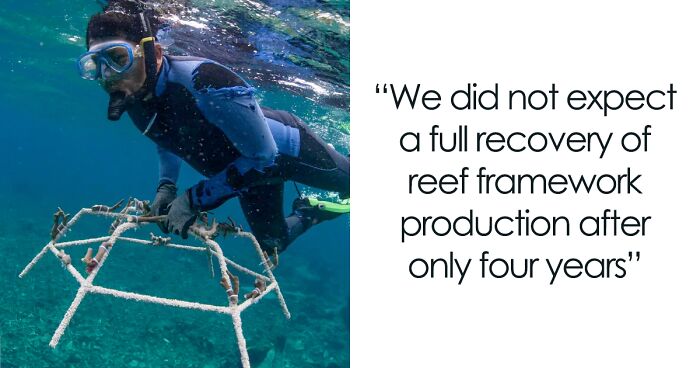
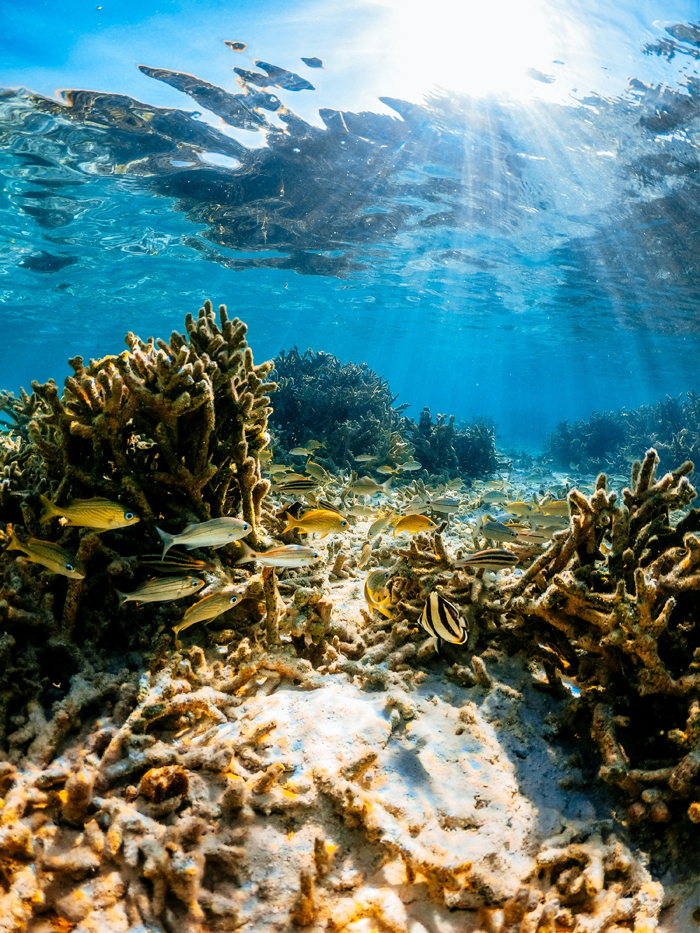
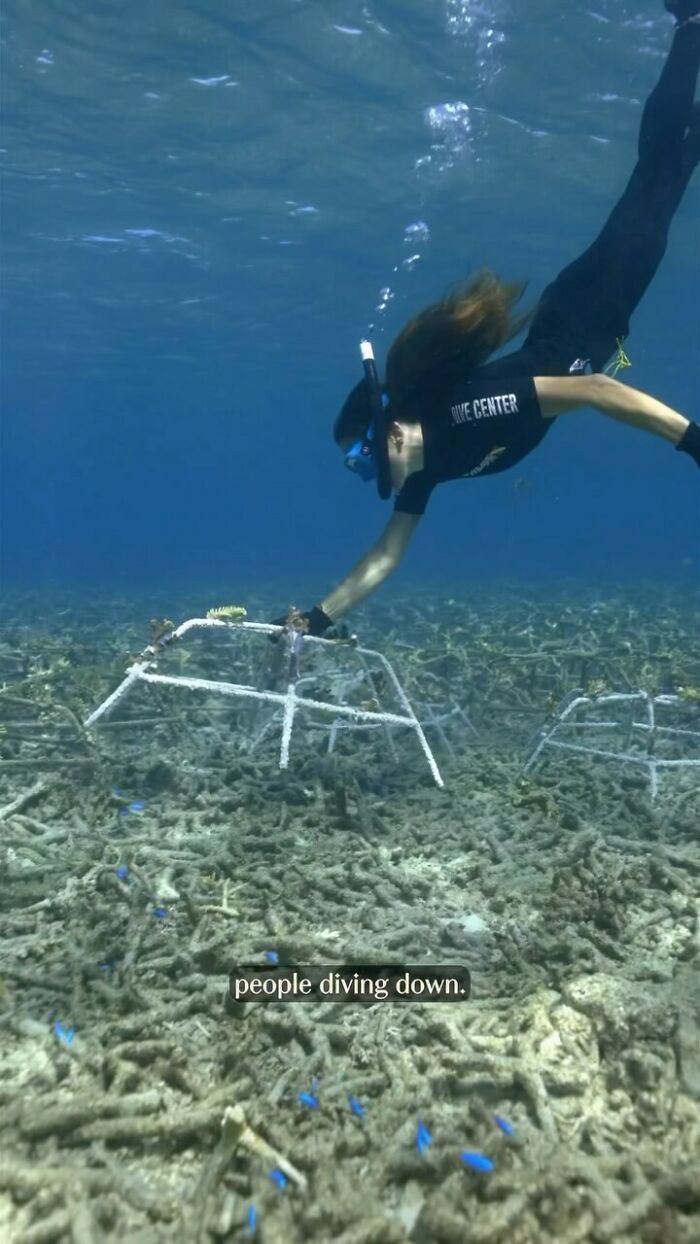
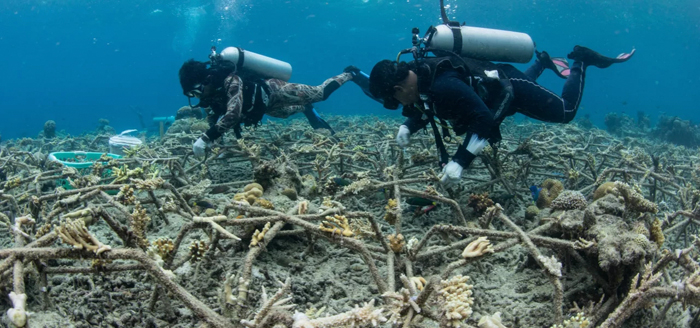
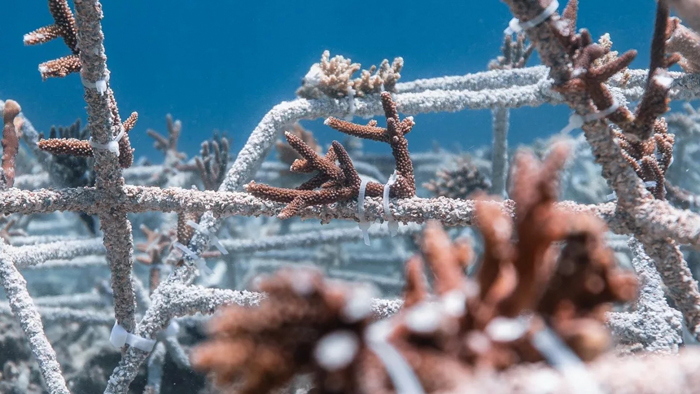


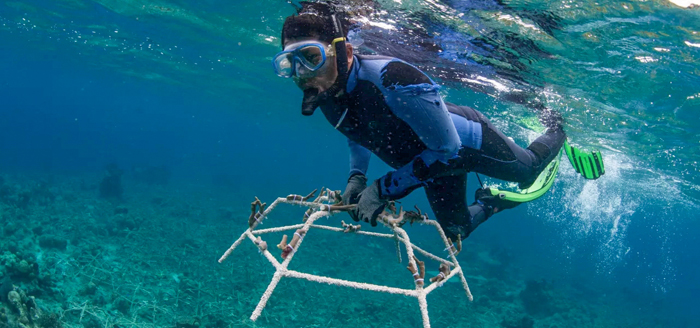
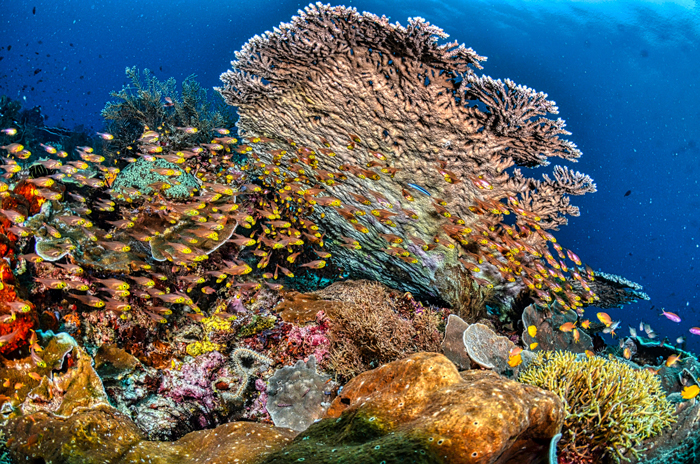
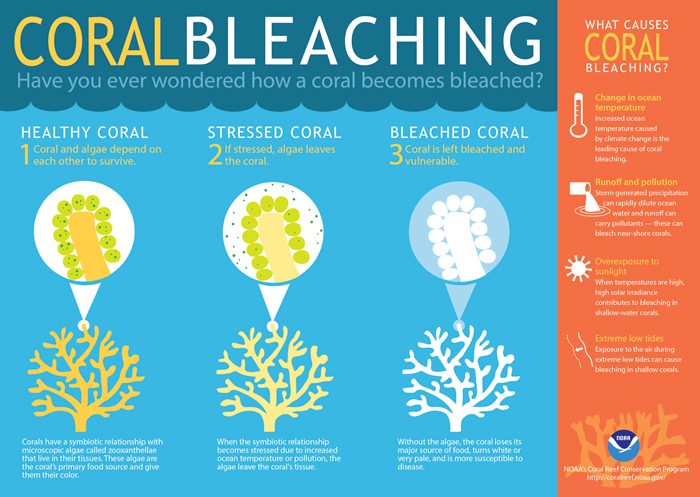

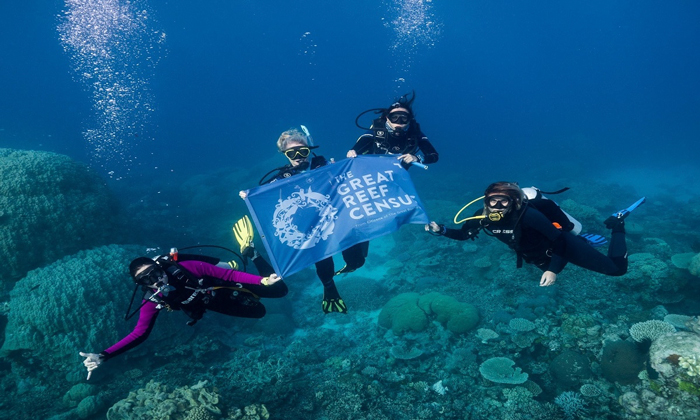
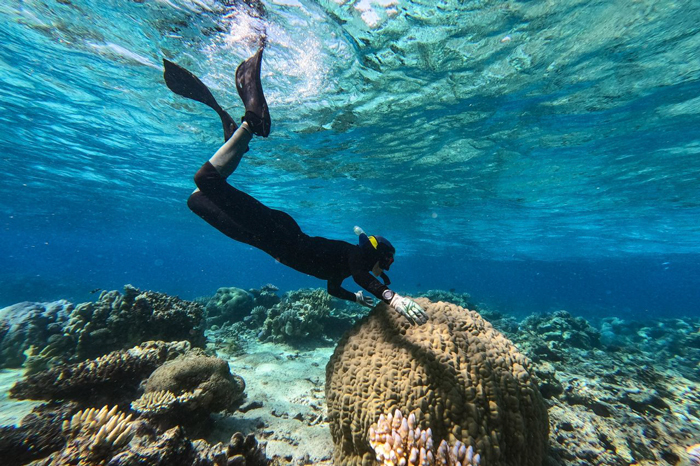
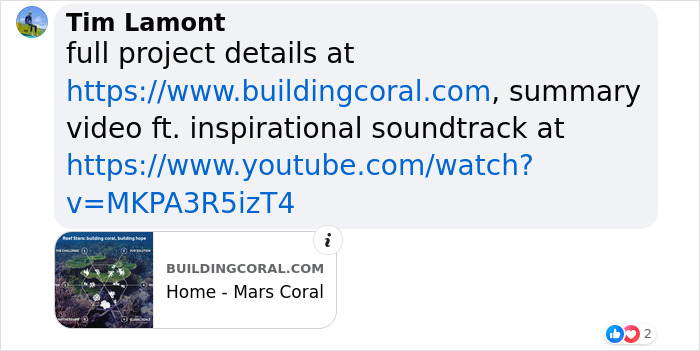
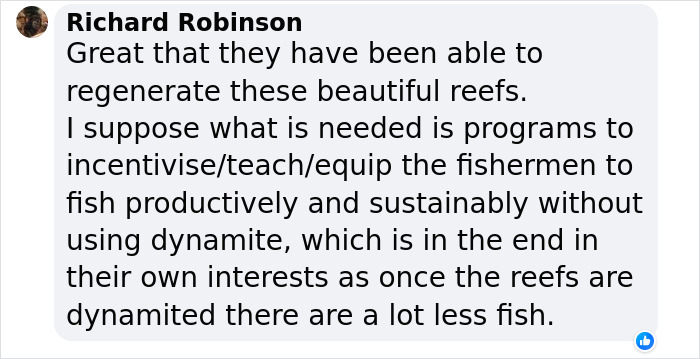









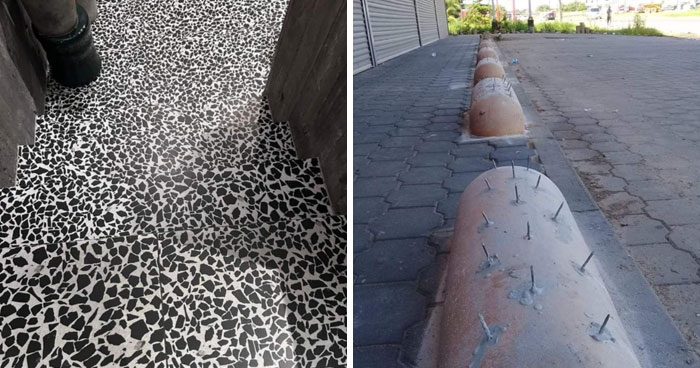




































91
7